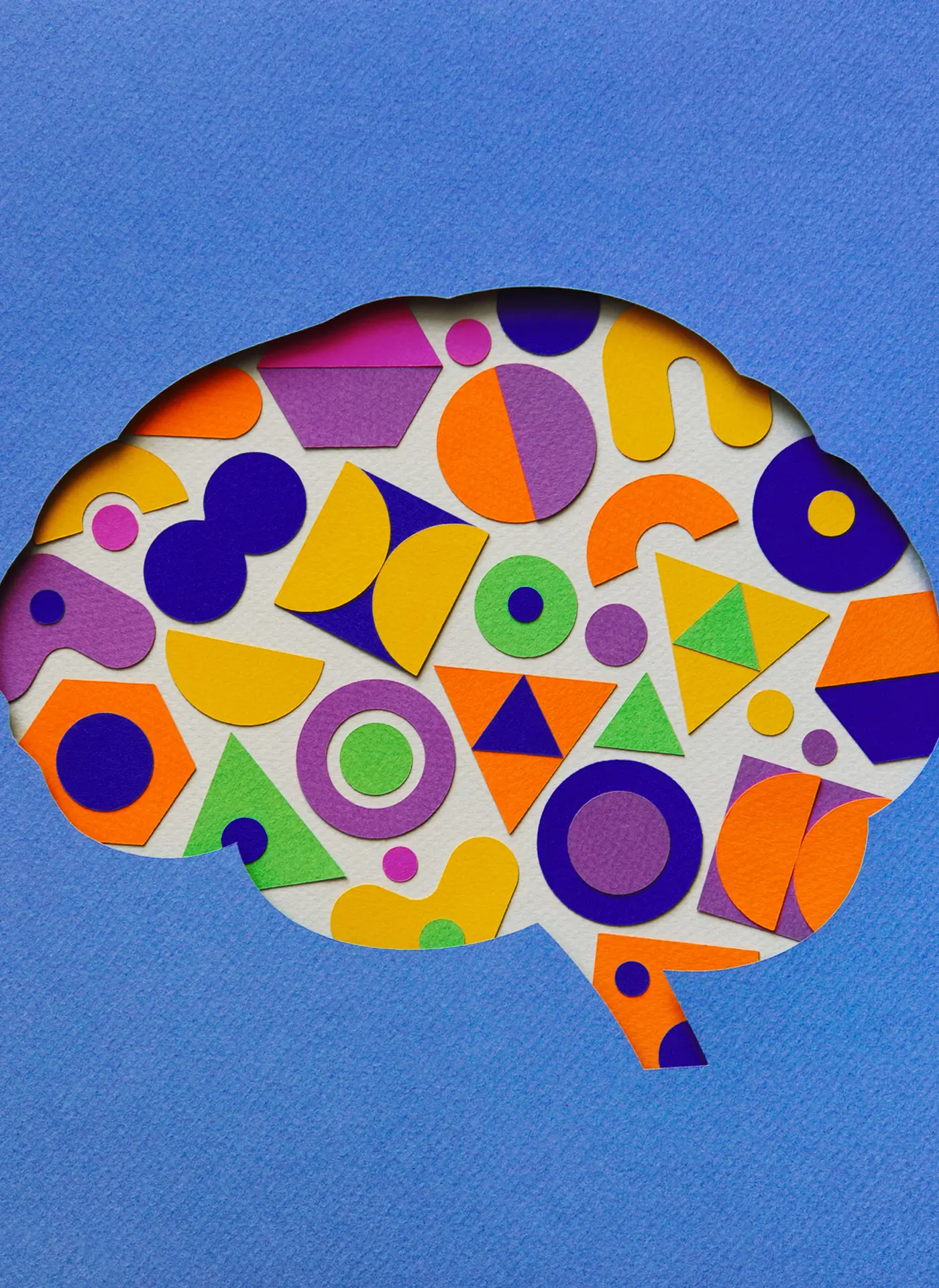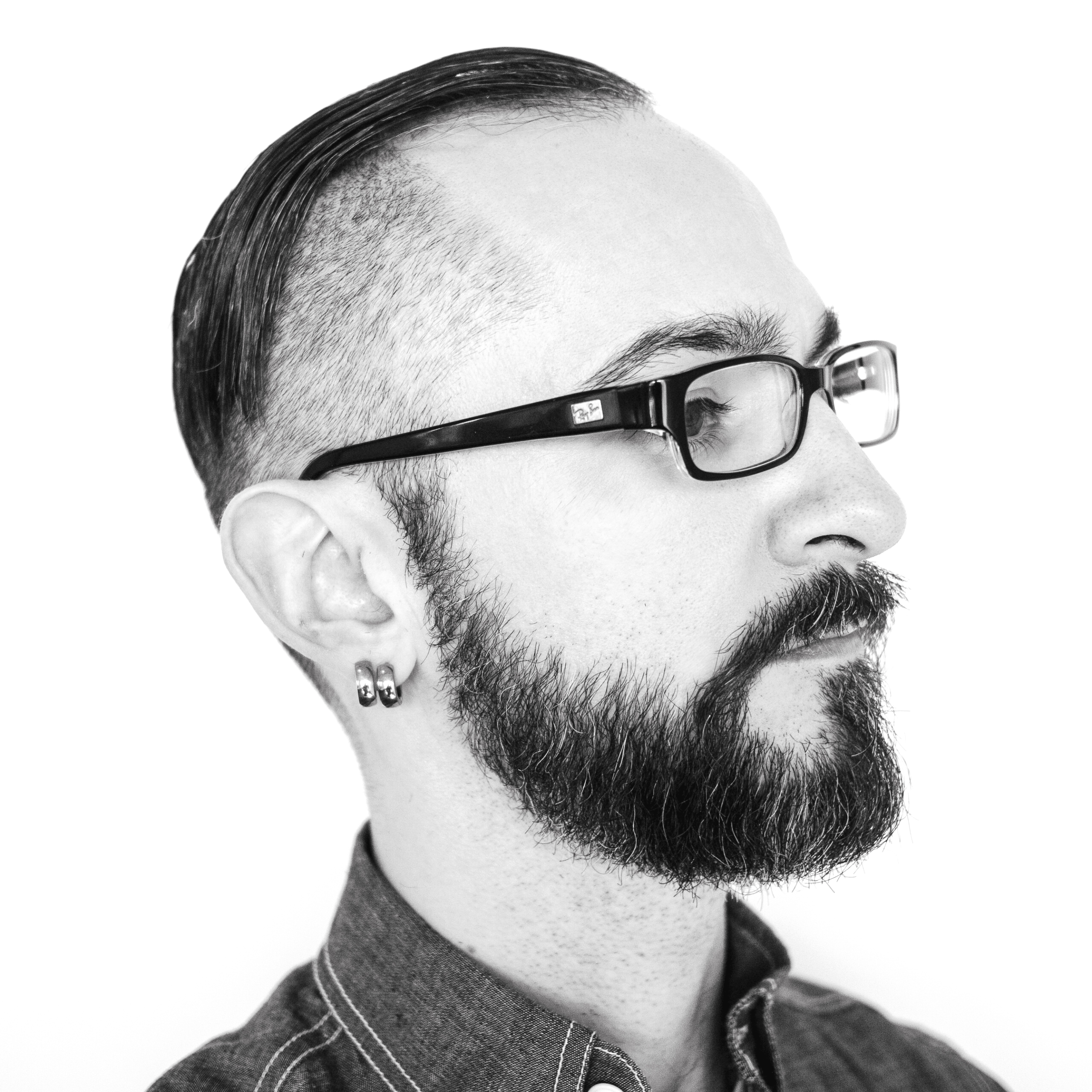

Listen: How to build a UX team that thrives: put people first in your hiring process.
In the first post in our series, we covered the importance of crafting job roles with intention. Once you've clearly defined the scope of a new role, it's time to hire. This post talks about the UX hiring process and how you can make it more human-centered at every step.
We've all been in the position of looking for a new role. It's stressful to be on the hunt, especially when the process and / or results are suboptimal: finding potential good fits, submitting your application and waiting eons to hear back (if at all), scheduling disorganization, endless rounds of interviews, being ghosted on next steps, and so on.
When you look at this process through a human-centered lens, it's no wonder why the job search leaves people feeling burnt to a crisp before even starting their new position.
What's more, designers, researchers, and developers have a unique advantage in sussing out organizations that drop the ball on people-first hiring processes, as they're immersed daily in some manner of human-centered design (HCD). In tandem, they're also uniquely equipped to give back to a culture and organization that supports them, leveraging those HCD-centric values in creation. Again, as we connect with others via our design, so must we connect with one another.
As a UX leader, you can lean on your HCD skills to craft a better hiring experience and prevent future team members from the beginnings of burnout. While this may seem lofty or complicated to take on, it's really not. At the end of the day, it all goes back to putting people first.
First, you need to consider the points of value behind the HCD practice:
- Slowing down (pausing with intent) to build connection.
- Using inclusive thinking.
- Co-creating solutions.
- Researching to build understanding.
- Taking a diverse lens.
- Eliminating inherent biases.
Behind these points of value should be, well, values: Compassion. Respect. Empathy. Humility. Marrying the values of how we create with how we treat our potential employees is a tremendous point of opportunity—you're putting people first in all dynamics.
Connecting your and your organization's values with those of a new employee—from initial email contact to scheduling, to the interview process, to negotiation, to their first day—means demonstrating these values in action throughout. These actions need to match the words that adorn the lovely new hire collateral they'll receive, or else it's not worth the time they took to send it.
Three ways to make hiring more human-centric
As a hiring manager, making your organization—and hiring process—stand out is a matter of leveraging all of those values behind an effective, ethical HCD practice.
Wouldn't a little empathy, channeled into a compassionate hiring process, go a long way toward connecting with potential recruits?
Here are three simple ways you can add more empathy to your hiring process:
- Be proactive about communication and set the job seeker's expectations from the start. In design, setting expectations is all about having empathy for the user; use that mindset often.
- Be respectful of the individual reaching out—a fellow human being—and their schedule.
- Be thoughtful in your interview process, giving candidates the chance to get to know you and your organization as much as you get to know them. Take the time to build a connection.
In taking these steps, you stand out to candidates. You protect people from burnout. This is how you support and act on your human-centered values from the very beginning.
You've developed clearly defined roles with a reasonable scope of responsibilities and impact, and you've hired great talent using a people-first process. In the last post in our three-part series, we'll discuss the importance of helping your team maintain boundaries by modeling them as a leader.
Related

Great brand collaborations are the best to strengthen identity.
Design & Experience, Insights & Trends, Marketing & Creative, Beauty and Fashion

Consumer demand and policy are driving EV market growth.
Development & Technology, Insights & Trends, Automotive

Are you missing opportunities to improve health screenings?
Design & Experience, Marketing & Creative, Health

